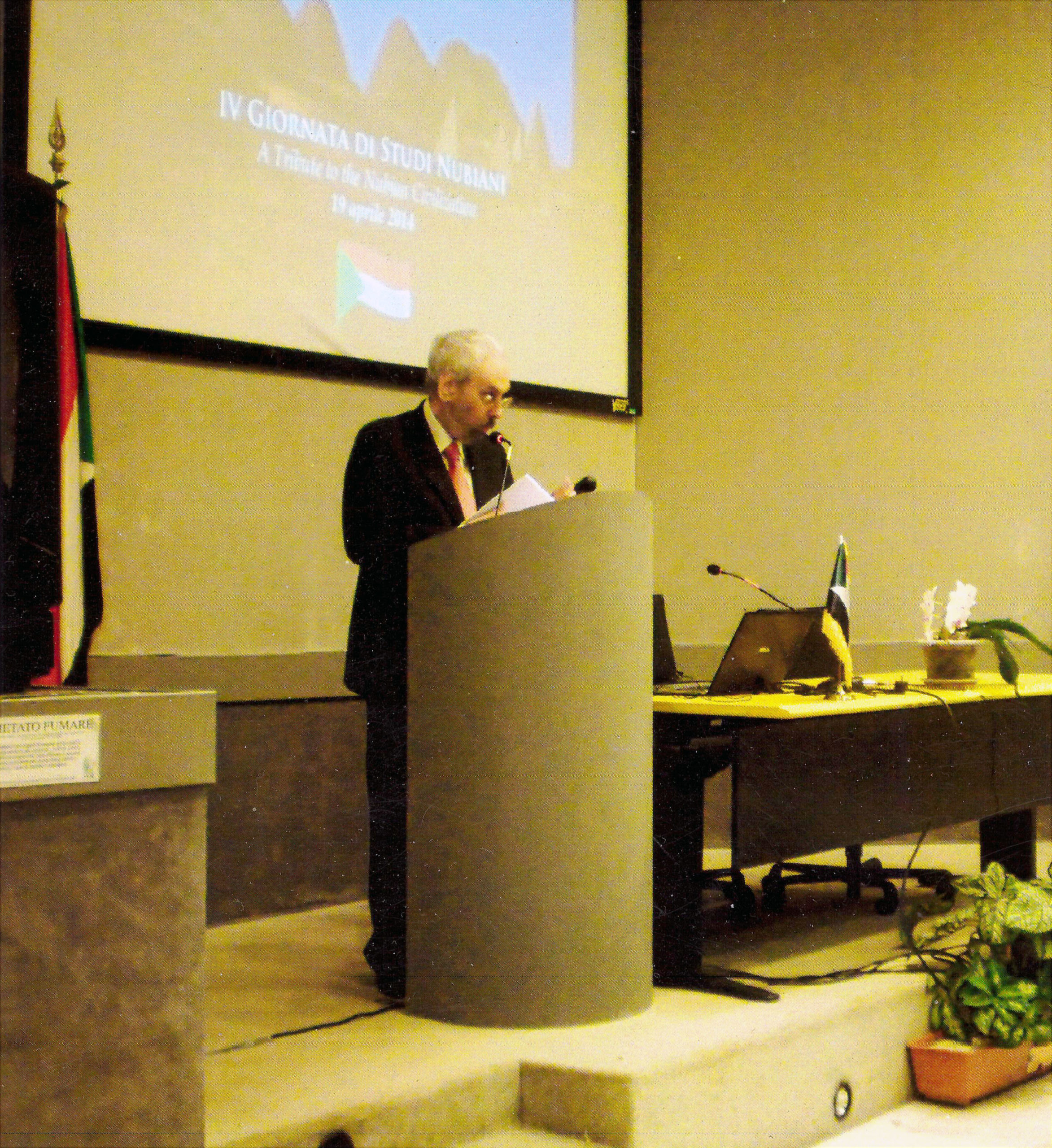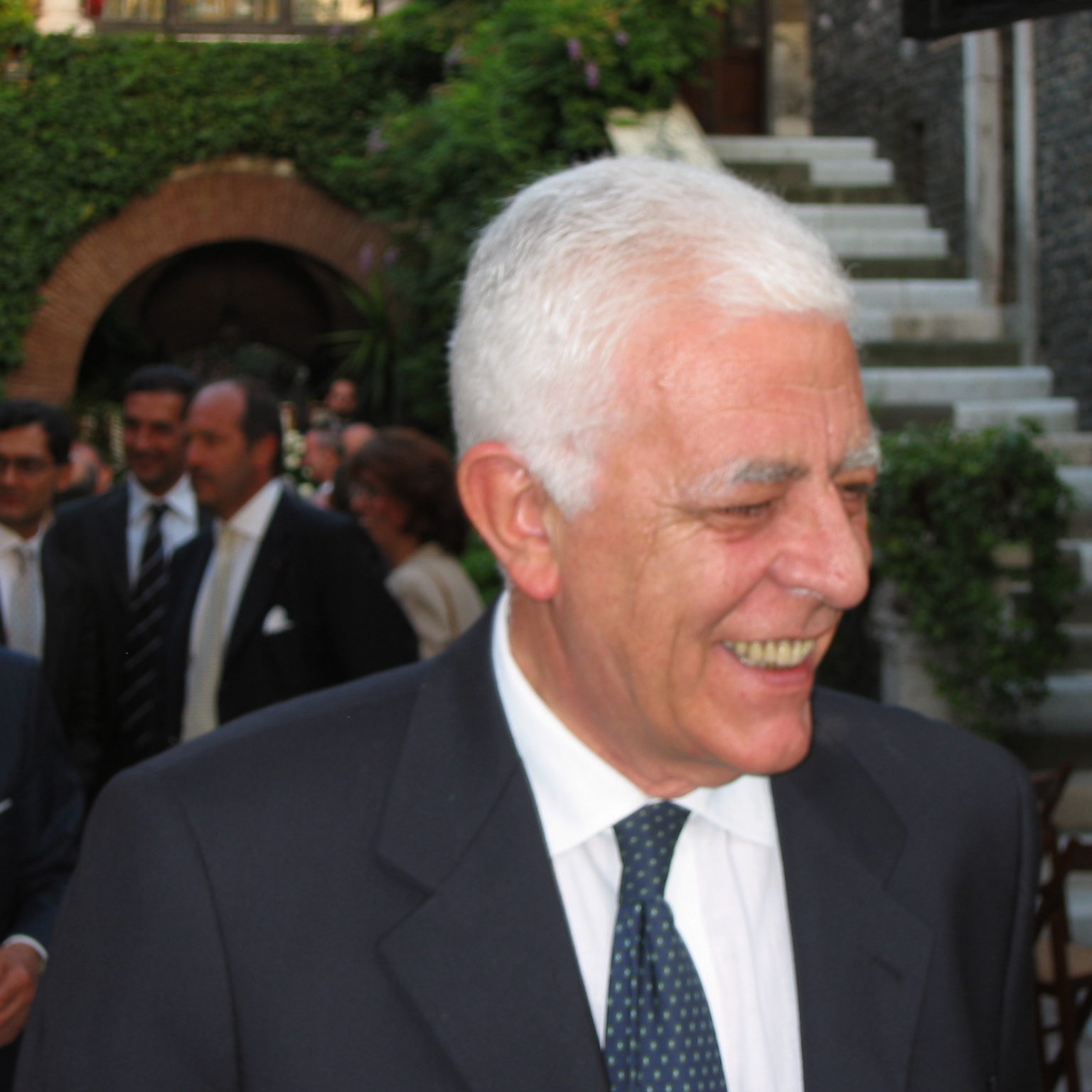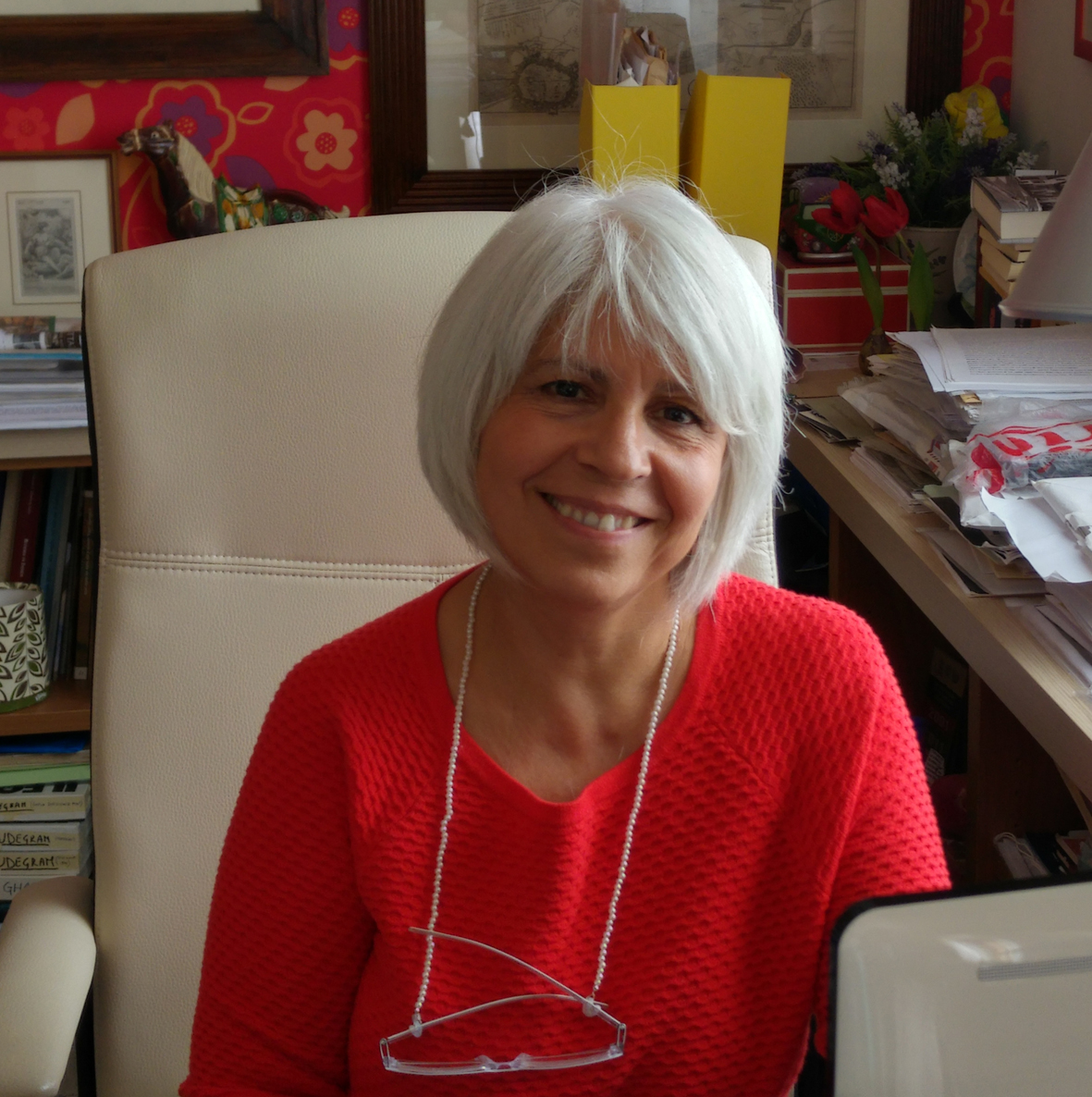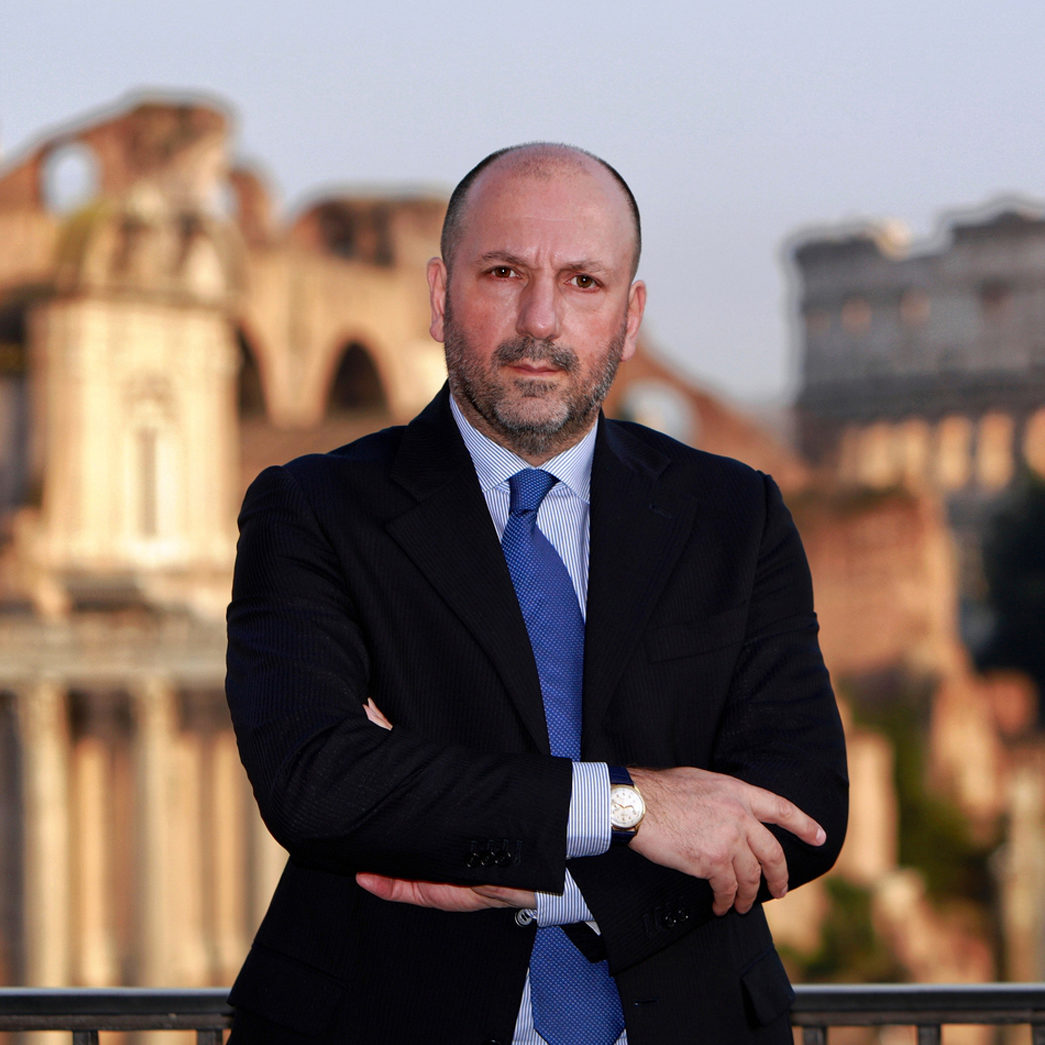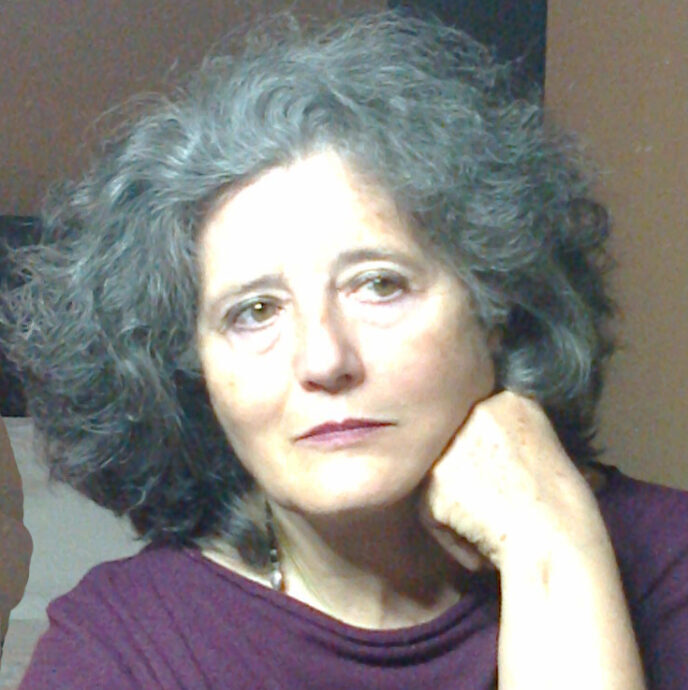Adriano Valerio Rossi (Rome, 1947) is an Italian linguist, philologist and Iran specialist.
Professor of Iranian Philology at the University of Naples “L’Orientale” and active in Italian research into Iranian languages. He studied the languages, history and civilization of the ancient and modern Near East at the University of Rome under A. Bausani, A. Pagliaro, W. Belardi, G. Cardona, S. Moscati, G. Castellino, M. Liverani, G. Garbini, S. Mazzarino and G. Pugliese Carratelli, simultaneously acquiring extensive training in classical and philosophical studies. In 1980 he was appointed assistant professor, and in 1983 full professor, of Iranian Linguistics, and then Iranian Philology, at the University of Naples “L’Orientale”. He directed the Asian Lexicography Centre of the Italian Institute for the Middle and Far East (later the Italian Institute for Africa and the East) from 1984.
In connection with his interest in the Balochi language, in the 1980s he was director of a PRIN (Progetto di Rilevante Interesse Nazionale) programme on Iranian Ethnolinguistics, the first of these projects in the field of ethnolinguistics. He directs an international project that aims to print the first etymological dictionary of the Balochi language (Etymological-Comparative Dictionary of the Balochi Language) and is the founder and director of the [Newsletter of] Balochistan Studies. Since 1998 he has directed as Principal Investigator 6 PRIN programmes on topics concerning Iranian linguistics (Balochi etymology and Iranian fables) and ancient Persian epigraphy. He has worked (with over 150 publications) on historical and descriptive (ethno)linguistics (Ancient Persian, Elamite, Parthian, Middle Persian, Sogdian, Kurdish, Balochi, Farsi, Brahui, Urdu) and the political history of the Indian subcontinent and East Asia. Since the early 2000s he has directed the international DARIOSH project (= Digital Achaemenid Royal Inscriptions Open Schema Hypertext) for digital archiving and a new edition with commentary of the royal Achaemenid inscriptions.
He was director of the Asian Studies Department (1987-1988), dean of the Letters and Philosophy Faculty (1990-1992), vice-rector (1987-1988) and rector (1992-1998) of the Naples “Orientale”, where he is currently president of the teaching staff, and where he directs doctoral research on Turkey, Iran and Central Asia. He represented Italy in the Asia-Europe Foundation (ASEF) from its foundation (1997) to 2004. He is a member of the specialist boards of periodicals and monograph series, including Acta Iranica (Leuven, Peeters), Iran & the Caucasus (Leiden, Brill), Ancient Iranian Studies Series (Centre for the Great Islamic Encyclopaedia, Tehran), Balochistan Review (Quetta), Middle Persian Dictionary Project (Jerusalem), Annali Serie Orientale (Oriental Series Annals: Asia, Africa and Mediterranean Department, Naples “Orientale”), Scritture di storia (Historical Writings: ESI, Naples) and Mezzogiorno e Europa (Southern Italy and Europe: Naples), as well as specialist academies and societies, among which the Accademia nazionale dei Lincei and the Balochi Academy (honorary member). From 11thMarch 2016 he has been president of ISMEO – International Mediterranean and Oriental Studies Association (Associazione Internazionale di Studi sul Mediterraneo e l’Oriente: the “New ISMEO”), based in Palazzo Baleani, Rome.



